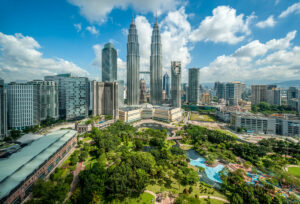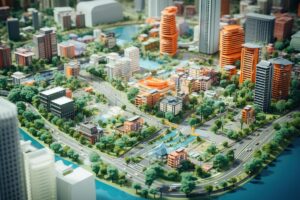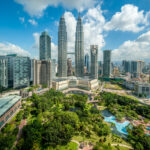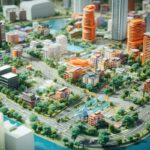Climate change is a critical issue that affects every individual and country worldwide. In the global fight against climate change, Malaysia is pioneering the development of disaster-resilient and climate-smart cities.
These innovative urban centres are designed not only to withstand natural disasters but also to foster sustainable growth and mitigate the effects of climate change.
This article examines Malaysia’s approach to climate-smart cities and their strategies for tackling the challenges posed by climate change.
Definition of Climate-Smart Cities
Climate-smart cities are urban areas that integrate climate change considerations into their planning, design, and infrastructure. Developers are creating these cities in Malaysia with an emphasis on sustainability, resilience, and low-carbon development.
Furthermore, these cities aim to reduce greenhouse gas emissions, improve energy efficiency, and adapt to climate change impacts, including rising sea levels and extreme weather conditions.
Read More: From Carbon to Clean: Malaysia’s Journey to Low Carbon Cities
The Implementation of Climate-Smart Cities in Malaysia
In Malaysia, cities like Putrajaya, the federal administrative capital, are prime examples of climate-smart urban development.
Putrajaya’s climate-smart initiatives encompass renewable energy usage, green building practices, and sustainable transport options, significantly reducing its environmental footprint.
Besides Putrajaya, Iskandar Malaysia, an emerging economic zone in Johor, is another city embracing the climate-smart ethos.
Iskandar Malaysia is committed to environmentally responsible practices and establishing a low-carbon economy. Hence, the city invests in green infrastructure such as eco-park buildings and natural habitat protection.
Read More: An Introduction to Malaysia’s Sustainable City
Technology and Innovation in Climate-Smart Cities
The key strategy for the success of climate-smart cities in Malaysia is the integration of technology and innovation. These cities actively utilise smart technologies to monitor energy usage, optimise waste management, and enhance urban planning.
We can take the previously mentioned city, Iskandar Malaysia, as an example of this integration. The city has implemented smart grids for efficient electricity distribution and sensor-based technology for air quality monitoring, aiding in real-time data-driven decision-making.
Benefits of Climate-Smart Cities
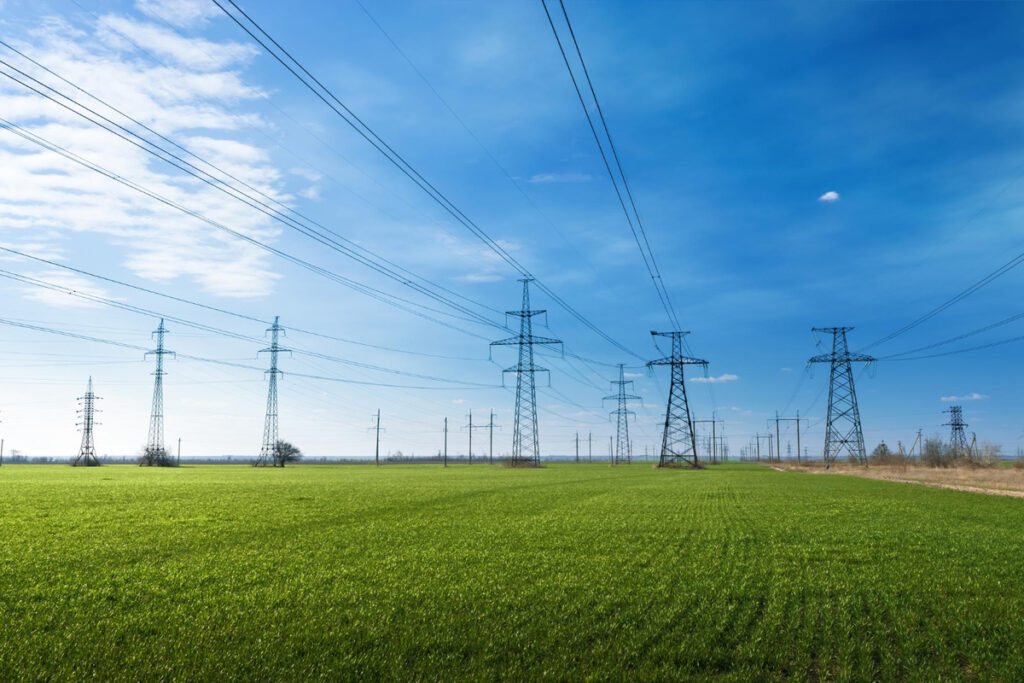
The benefits of climate-smart cities are multifaceted, encompassing:
- Environmental sustainability
- Social well-being
- Economic growth
For instance, green spaces and active transportation options improve public health by promoting physical activity and reducing air pollution. Additionally, investing in sustainable technologies and practices can generate new job opportunities, boosting the nation’s economic growth.
To do so, Malaysia can position itself as a clean energy pioneer and attract green investment by supporting renewable energy, energy-efficient buildings, and green infrastructure.
Read More: Smart City in Urban Town Planning: Is It Coming Soon to Malaysia?
Tackle Water Scarcity and Waste Challenges for a Sustainable Future

Climate-smart cities in Malaysia also address the critical challenges of water scarcity and waste management exacerbated by climate change.
With rising waste levels and water shortages as primary concerns, these cities invest in efficient water infrastructure and waste reduction initiatives.
This includes rainwater harvesting systems, wastewater treatment plants, and a focus on recycling and trash reduction, contributing to a circular economy and reducing landfill waste.
Read More: Why Crime Prevention Through Environmental Design (CPTED) is Important for Urban Town Planning
Building Resilient Communities: A Vision for Malaysia’s Sustainable Future
Collaboration among various stakeholders and investment in eco-friendly infrastructure and technology are essential for Malaysia to build effective climate-smart cities. These urban centres offer substantial benefits, offsetting costs through enhanced resilience and sustainability.
In retrospect, by embracing climate-smart approaches, Malaysia is combating climate change and improving the quality of life for its citizens. Indeed, these cities exemplify resilience, sustainability, and low-carbon growth, paving the way for a cleaner, safer future.
Join PEQ Consult in our journey towards a sustainable urban future. Reach out to us today to explore the myriad of opportunities for building climate-smart cities in Malaysia.



